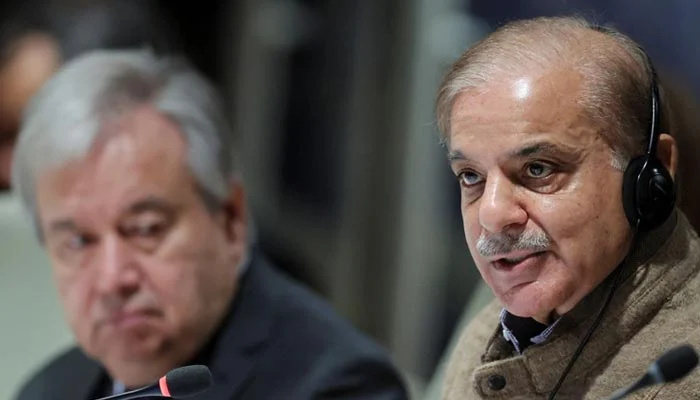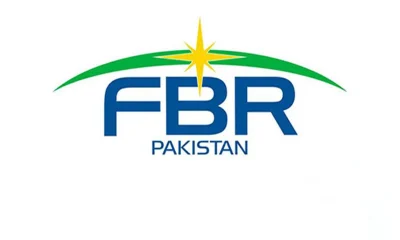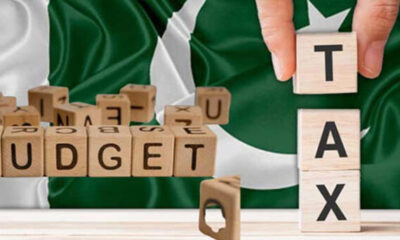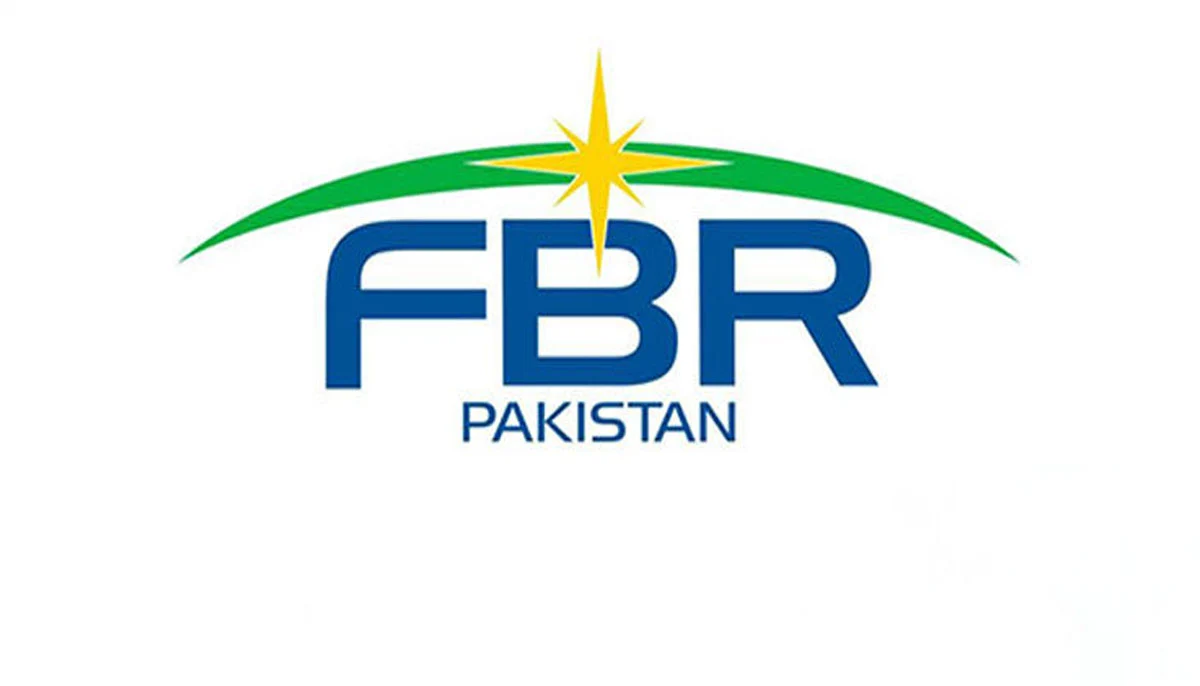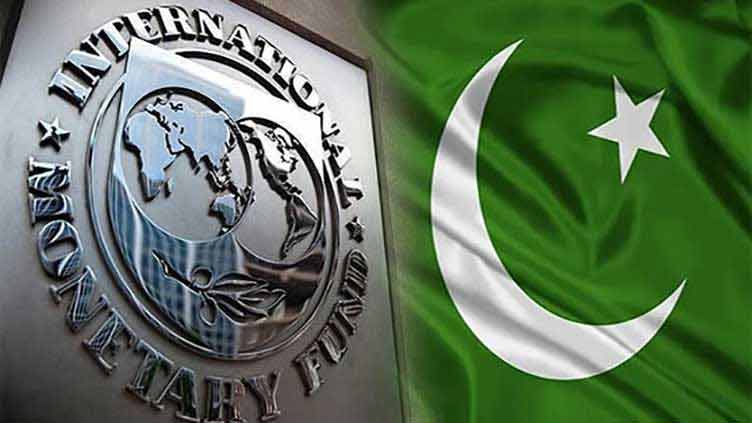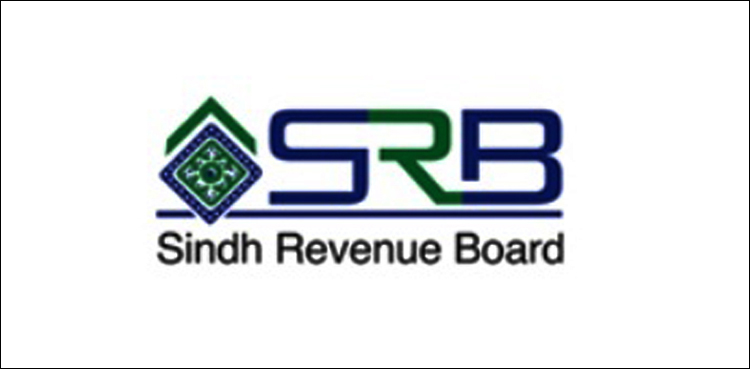- Three phases include short-term, medium-term and long-term.
- There are four Strategic Recovery Objectives as per 4RF.
- SRO1 seeks to rebuild governance-related physical infrastructure.
ISLAMABAD: Pakistan has managed to secure over $10.5 billion in flood pledges which would be materialised in three phases — short-term for up to one year, medium-term for up to three years and long-term for up to five to seven years period — for the reconstruction of flood-affected areas, The News reported Tuesday.
The cash-strapped nation clinched the pledges at the one-day International Conference on Climate Resilient Pakistan in Geneva after Prime Minister Shehbaz Sharif launched an $8 billion flood aid appeal, aimed at helping the country overcome the devastation caused due to the cataclysmic floods.
The country, with a $350 billion economy, secured commitments worth $8.57 billion by the end of the plenary session I, while it managed to secure over $2 billion in the second session.
As per the Resilient Recovery, Rehabilitation, and Reconstruction Framework (4RF), there were four Strategic Recovery Objectives (SRO). SRO1 includes enhancing governance and the capacities of the state institutions to restore the lives and livelihoods of the affected people. Especially the most vulnerable SRO1 seeks to rebuild governance-related physical infrastructure that has been destroyed and damaged by the floods, as well as restores and enable a governance structure and system that fosters efficiency, effectiveness, transparency and inclusiveness.
The key will be to enable all tiers of the government to prepare and respond to natural hazards and climate change through gender-informed and community-led, structural and non-structural risk reduction measures, including through ecosystem adaptation and landscape restoration.
Strategic priorities include short-term objectives, such as improving public financial management, public procurement, audit, and anti-corruption measures while medium-term objectives, such as undertaking detailed and localised multi-hazard risk assessments and integrating data into local level decision support systems and long-term objectives, such as strengthening meteorological monitoring and early warning systems and increasing technical capacities of climate change and environmental management agencies at federal and provincial levels.
SRO2 includes restoring livelihoods and economic opportunities. It seeks to restore livelihoods and economic opportunities through a multi-sectoral approach. It has two key pillars — promoting livelihoods recovery through agriculture and employment restoration and boosting economic opportunities through commerce, industry, tourism, markets and financial interventions.
Strategic priorities include short-term objectives, such as direct cash contributions, in-kind inputs, and cash-for-work interventions as well as the restoration of jobs through e-commerce and job guarantee programmes. Meanwhile, medium-term objectives, such as rehabilitation of damaged public and private infrastructure by using employment intensive approaches and implementing business regulatory reforms and long-term objectives such as legal, policy, and institutional reforms for the development of the credit market and provision of interest free loans or community investment funds through local non-governmental organisations (NGO) without micro-finance institutions.
SRO3 includes ensuring social inclusion and participation. It seeks to ensure that no one is left behind and that mainstreaming approaches are taken so that social inclusion leads to social sustainability. Strategic priorities include short-term objectives, such as the provision of protection services, psychosocial support, and the adoption of community-driven development approaches.
Meanwhile, medium-term objectives include establishing missing facilities and more robust protection for those more vulnerable to violence, tracking and exploitation and long-term objectives such as the acceleration of community-level disaster preparedness activities with social inclusion and gender equality sensitivity, school meals programmes targeting for the most vulnerable, multi-purpose cash grants for the most vulnerable (women and children) and rehabilitation of flood-affected heritage sites.
SRO4 includes restoring and improving basic services and physical infrastructure in a resilient and sustainable manner. It seeks to restore basic social services for the affected communities and carry out resilient infrastructure rehabilitation and reconstruction, support led by strengthening human capital, institutions, and policies to respond to future disasters.
Strategic priorities include immediate and short-term objectives, such as supporting reconstruction and rehabilitation of housing, prioritising the most vulnerable, repairing and improving existing physical infrastructure, repairing water infrastructure and strengthening weak sections before the next monsoon.
The medium-term objectives include a detailed technical evaluation of damaged transport and communication infrastructure, improvement of contingency plans and their performance in the health sector and long-term objectives, such as the establishment of a regulatory framework and tariff structure for Water, Sanitation and Hygiene (WASH) and municipal services, enhancing the disaster resilience of the energy distribution network, a flood susceptibility analysis of the entire infrastructure network, and climate and disaster-resilient rehabilitation of irrigation, drainage, dams, and dikes.

 Latest News23 hours ago
Latest News23 hours ago
 Business23 hours ago
Business23 hours ago
 Business22 hours ago
Business22 hours ago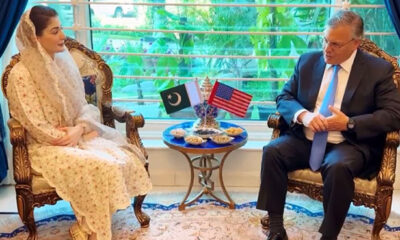
 Latest News1 day ago
Latest News1 day ago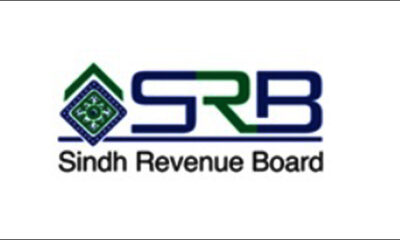
 Business23 hours ago
Business23 hours ago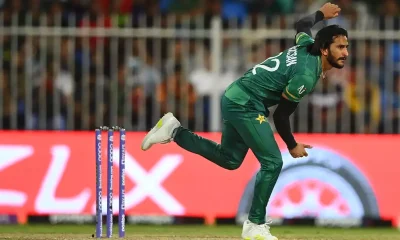
 Latest News23 hours ago
Latest News23 hours ago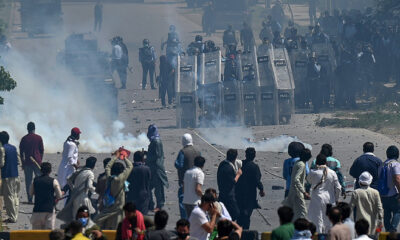
 Latest News22 hours ago
Latest News22 hours ago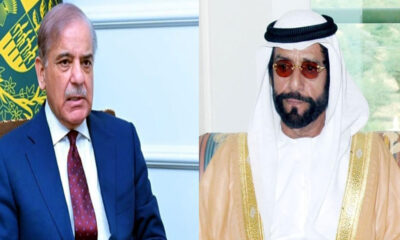
 Latest News22 hours ago
Latest News22 hours ago
